Abstract
Perinatal depression is a major public health burden impacting both mothers and their offspring. The purpose of this study was to develop and test the acceptability and feasibility of a novel psychotherapeutic intervention that integrates an evidence-based intervention for depression, interpersonal psychotherapy (IPT), with postpartum dyadic psychotherapy focused on emotional development in the context of the mother-infant relationship. Nine women between 12 and 30 weeks gestation with Edinburgh epression Scale (EDS) scores >12 were entered into treatment. Three out of nine women dropped out of the study after initiating treatment (one lost to follow-up
antepartum; two lost to follow-up post-partum). Seven out of eight women (87 %) reported clinically significant improvements in EDS scores from baseline to 37–39 weeks gestation, and all women had clinically significant improvements at 12 months postpartum. A small randomized controlled trial is underway to further examine the feasibility and acceptability of the intervention.
Keywords
Interpersonal psychotherapy; Depression; Mother-infant interactions; Pregnancy; Postpartum
Background
Perinatal depression is a common complication of pregnancy with potentially enduring consequences for the mother, infant, and family. The pernicious effects of perinatal depression are evident across a range of domains including poor obstetrical outcomes like preterm birth and low birth weight (Grote et al. 2010), poor self-care, (Zuckerman et al. 1989), and suicide (Mauri et al. 2012; Pope et al. 2013). In addition to the effects on maternal outcomes, recent studies have shown that exposure to maternal stress or depression during pregnancy can have effects on fetal, infant, and longer term behavioral and physiological outcomes (Monk et al. 2012; O’ Donnell et al. 2014). Importantly, although fetal exposure to maternal depression may adversely affect developmental outcome, this effect may be modulated by infant’s postnatal experiences (Sharp et al. 2012). Thus, successful treatment of depression during pregnancy has the potential to influence prenatal psychosocial risk factors (i.e., health behaviors, social support) as well as postnatal risk (i.e., parenting, health behaviors, social support).







